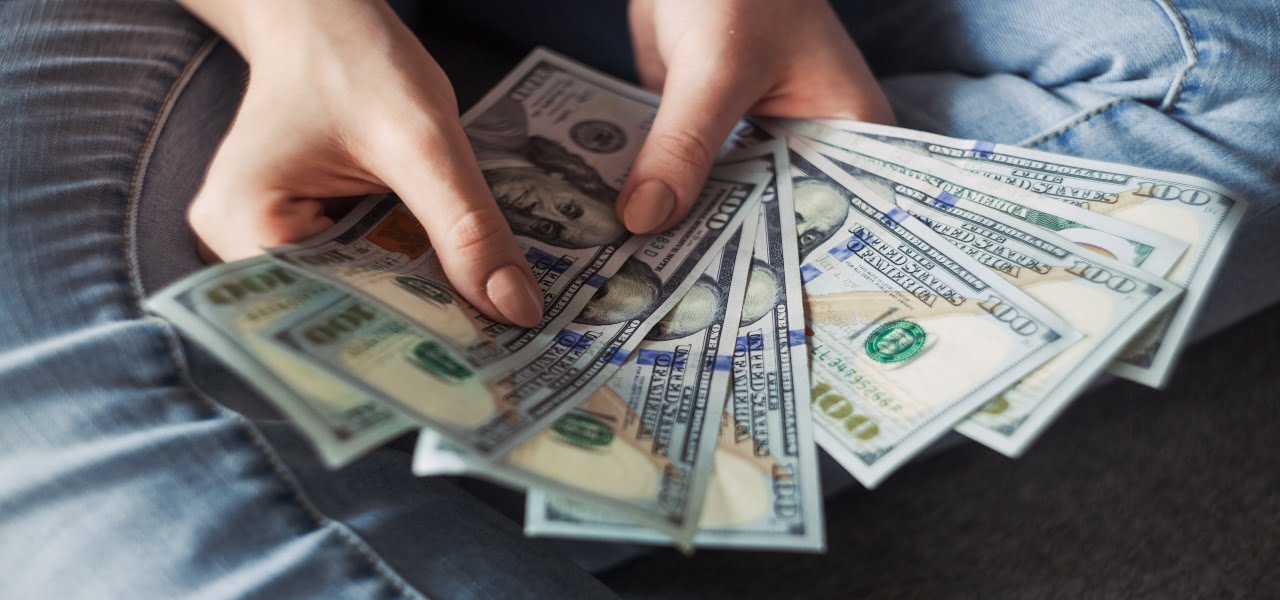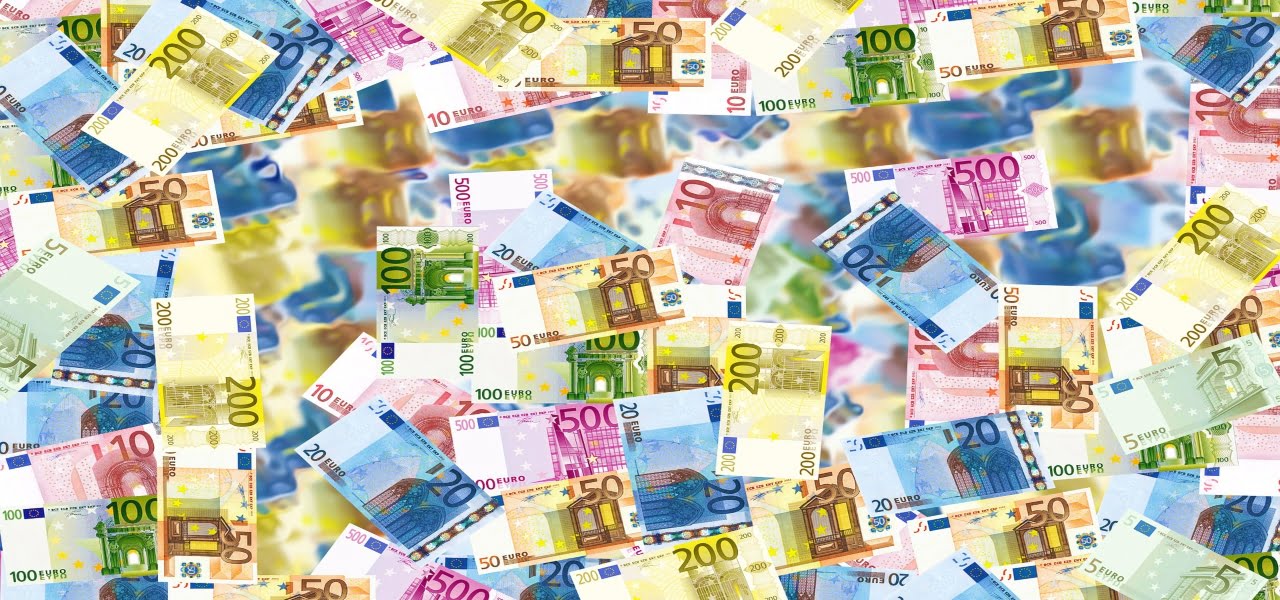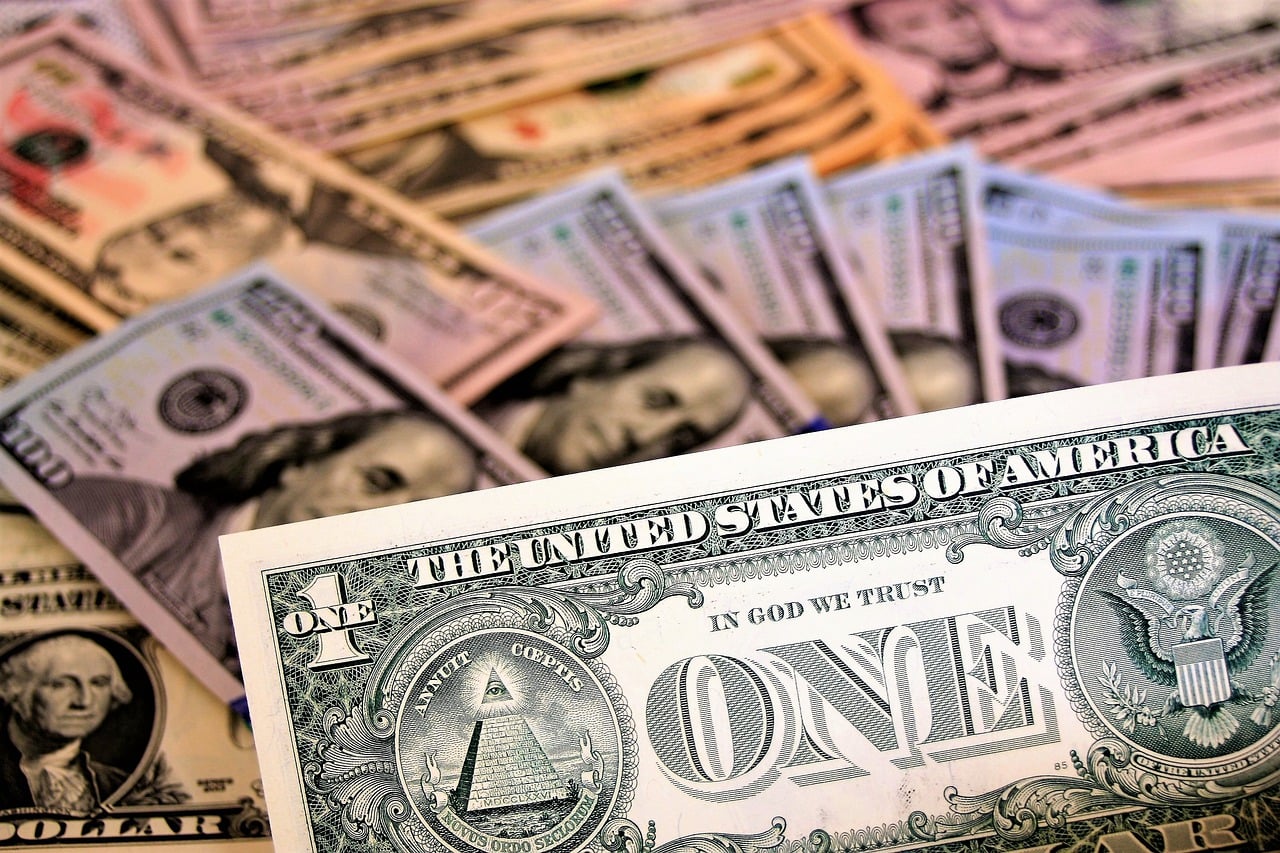Many of the world’s most giant corporations are piling up cash like never before. At least four companies are having $100 billion or more in cash reserves. Their decision to hold onto hundreds of billions of dollars has been frustrating investors, who want these companies to spend more on stock buybacks and dividends. Here we take a look at the top 10 companies with the most significant cash reserves.
Financial data provider FactSet has compiled a list of corporations with the most cash on hand. These giants have been hoarding cash, waiting patiently for the right time (and valuations) to make large-ticket acquisitions. Barring one or two, each of them has also been returning money to shareholders through stock buybacks.
While some of these companies are under immense pressure to return more cash to shareholders, they believe it’s better to spend the money on the long-term future of the company. The current valuations appear to be high, so now might not be the right time to buy.
FactSet compiled the ranking based on the total cash and cash equivalents (such as short-term bonds) on a company’s balance sheet in the latest quarter.

10- Bristol-Myers Squibb, $32.5 billion
New York-based pharmaceutical giant has a cash loan of $32.5 billion. It makes prescription drugs and biologics in many therapeutic areas, including diabetes, cardiovascular diseases, oncology, hepatitis, and psychiatric disorders. It is currently in the process of acquiring Celgene in a $74 billion deal, one of the most significant acquisitions in the pharmaceutical industry ever.
9- Cisco, $33.4 billion
Cisco Systems is a leading maker of networking equipment and telecom hardware. According to FactSet, Cisco is sitting on a cash pile of $33.4 billion. Cisco is also one of the largest property owners in Silicon Valley. The company pays a handsome 2.8% dividend. Cisco’s cash reserves have been declining recently as the company ramps up its share buyback program. It is estimated to spend $7.7 billion on buybacks this year.
8- Oracle, $35.7 billion
Oracle has spent close to $40 billion on stock buybacks over the past 12 months. The company also has a lucrative 1.7% dividend yield. Despite massive buybacks and dividends, the company is sitting on a cash reserve of $35.7 billion. Industry experts believe Oracle is more likely to keep buying back its shares instead of making large-ticket acquisitions.
7- Ford, $37.3 billion
The automobile giant that was on the verge of bankruptcy during the financial crisis is sitting on a cash reserve of $37.3 billion. Ford’s annual revenue is close to $160 billion. Its gross profit for 12 months ending September 2019 was $22.34 billion. Its earnings have been declining for the past few years. Ford is investing heavily in futuristic technologies such as autonomous driving and electric vehicles.
6- Amazon, $43.7 billion
Amazon is one of the world’s most innovative technology companies with its CEO Jeff Bezos obsessed with growth and market dominance over profitability. The online retail behemoth has been spending money on strategic acquisitions. Last year, it acquired Ring for $900 million. Amazon also spent a staggering $13.7 billion to buy Whole Foods to grow its share in the grocery sector. In the most recent year, Amazon had a net income of $11.6 billion and a staggering cash flow from operations of $38.5B. However, Amazon’s cash flow from financing and cash flow from investing were both negative.
5- Facebook, $52.3 billion
Despite all the regulatory scrutiny and criticism, Facebook is one of the wealthiest corporations out there. It has $52.3 billion in cash and equivalents. The U.S. regulators have slapped a $5B fine on the social networking giant for violating user privacy. Facebook’s ambitious Libra digital currency is worrying people and politicians around the world. However, the controversy has not hurt the bottom of the line. The company recently reported revenue of $21.2B for the quarter. This U.S. economy tech giant has no debt.
4- Apple, $100.6 billion
Not too long ago, Apple had upward of $200 billion in cash and short-term investments. Activist investors such as Carl Icahn targeted Apple’s massive cash pile, and the company was forced to boost its payments to shareholders. Its cash has declined by $61 billion lately due to the enormous buybacks and dividends. Apple is also taking advantage of President Trump’s tax reforms to repatriate overseas cash. For the fourth fiscal quarter of 2020, the company reported net sales of $50.1B and earnings of $0.74 per share.
3- Alphabet, $121.2 billion
Google’s parent company Alphabet recently announced the acquisition of Fitbit for $2.1 billion to strengthen its smartwatch business. It has also purchased the business intelligence platform Looker for $2.6 billion. Just like Facebook, Google has attracted regulatory scrutiny for anti-competitive practices. In the last couple of years, the European Union has slapped Google with 8.2 billion euros in antitrust penalties. The anger of regulators has not hurt profitability. In the third quarter of 2020, Google reported net earnings of $11,247B.

2- Berkshire Hathaway, $128.2 billion
Warren Buffett’s Berkshire Hathaway ended the latest quarter with a $128.2B cash balance. Berkshire Hathaway has underperformed the S&P 500 index over the last decade. The “Oracle of Omaha” is famed for his value approach which frowns upon a stock with too much debt. Buffett has drawn the ire of investors for not using the cash to make big-ticket acquisitions. It appears Buffett is waiting for an economic crisis to buy great businesses at attractive prices. In the most recent quarter, the company reported net earnings attributable to shareholders of over $30 billion.
1- Microsoft, $136.6 billion
Microsoft has the largest cash reserve of any company in the world. The Redmond-based software giant has been returning coins to shareholders. It has also been making strategic acquisitions to strengthen its business. Microsoft purchased LinkedIn for $26.2 billion in 2016 and GitHub for $7.5 billion. Some of its other recent acquisitions include PromoteIQ, Drawbridge, and BlueTalon. Despite the pandemic, in the most recent quarter, Microsoft boosted both its sales and net earnings.
Why is Free Cash Flow Important?
Cash flow is a vital metric used by Wall Street to determine the long term growth and valuation of companies. The measurement is based on how much money companies have after accounting for expenditures. Once calculated, the company can figure out how much to spend on investments, paying off debt, or other purposes. Many business experts consider cash flow as a better metric than net income for evaluating stocks. Warren Buffett uses cash flow as a tool for finding the best stocks trading on the market.
FAQs
What are the top 5 companies in the world?
The top five companies in the world measured by market value are the Saudi Arabian Oil Company (Saudi Aramco), Microsoft, Apple, Amazon, and Alphabet (Google).
Who is America’s biggest employer?
With 1.5 million employees, Walmart is currently America’s biggest employer after the U.S. military. That is not the only title the giant holds. Walmart is the largest company in terms of total revenue (meaning sales).
What are the big 4 tech companies?
The big tech giants are Amazon, Alphabet (Google), Apple, and Microsoft. Besides Google, which is valued at $929 billion, these companies are worth over one trillion as measured by the stock price. This measure fluctuates as investors buy and sell stocks of the companies that they think have the best long term growth prospects.
What company has the most cash?
Berkshire Hathway, founded by Warren Buffett, currently has the most significant cash hoard of any U.S. public company with a total of $146 billion cash on hand. Microsoft is the second-most cash-rich company with $138 billion.
Why is Apple so rich?
Apple is booming due to its long-term goal of building a successful brand. The company has been able to keep debt low and bring in currency, creating a diversified business line consisting of hardware and an emerging substantial market share in software and licensing.
Conclusion
The future of the U.S. economy is pointing in one direction; major tech. The giant technology firms mentioned in this article have grown from small 20 years ago to worldwide monopolies. However, there is still plenty of competition when we look in ten years we may find the Apples and Amazons of the world displaced by the faster-growing starlings such as Stripe and Snowflake.





